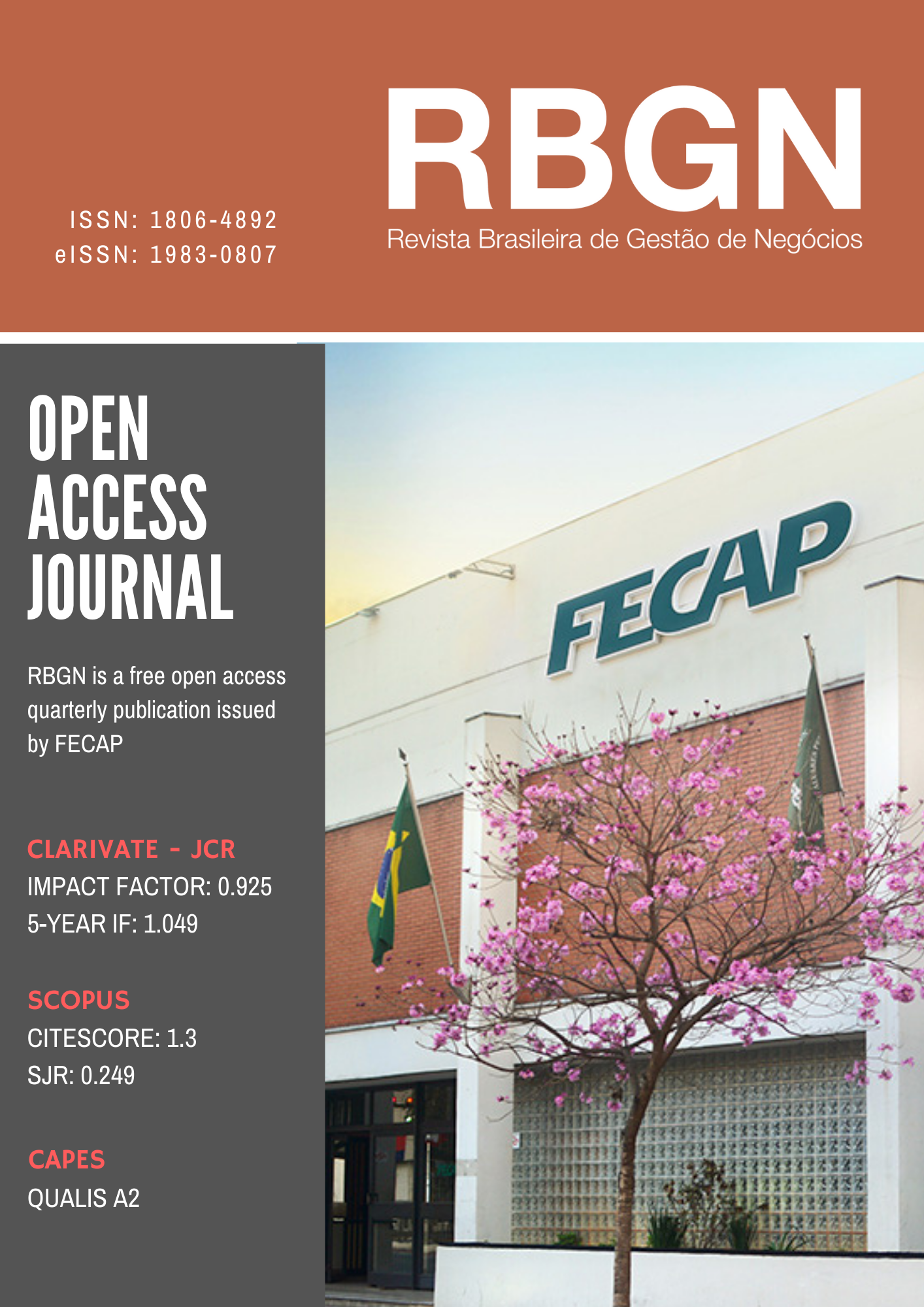Abstract
Objective – To determine whether national cultural dimensions influence a company’s Corporate Social Responsibility (CRS) performance.
Theoretical Framework - Hofstede’s cultural dimensions and Stakeholder Theory were used as theoretical bases for the study.
Methodology – The study uses the multiple linear regression method to analyze data from a sample of 4,598 companies from 41 countries. The data were collected from the CSRHub, Geert Hofstede, Transparency International, and Thomson Reuters websites.
Results – The findings indicate a country’s cultural dimensions influence business CRS activities. More specifically, companies based in countries with cultures that feature (i) a high power distance, (ii) high individualism, (iii) more femininity, (iv) low uncertainty avoidance, and (v) a long-term orientation exhibit higher CRS performance.
Practical & Social Implications of the Research – Prior knowledge of expected CRS engagement according to the country’s culture could contribute to formulating corporate strategies to expand a company’s activities to countries other than the one of its origin. This would ensure stakeholders’ expectations are met and improve competitiveness in the domestic market.
Contributions – The culture of a country may determine whether stakeholders are interested in CRS practices.
Keywords – Cultural dimensions; Hofstede; CRS performance.
If a paper is approved for publication, its copyright has to be transferred by the author(s) to the Review of Business Management – RBGN.
Accordingly, authors are REQUIRED to send RBGN a duly completed and signed Copyright Transfer Form. Please refer to the following template: [Copyright Transfer]
The conditions set out by the Copyright Transfer Form state that the Review of Business Management – RBGN owns, free of charge and permanently, the copyright of the papers it publishes. Although the authors are required to sign the Copyright Transfer Form, RBGN allows authors to hold and use their own copyright without restrictions.
The texts published by RBGN are the sole responsibility of their authors.
The review has adopted the CC-BY Creative Commons Attribution 4.0 allowing redistribution and reuse of papers on condition that the authorship is properly credited.


